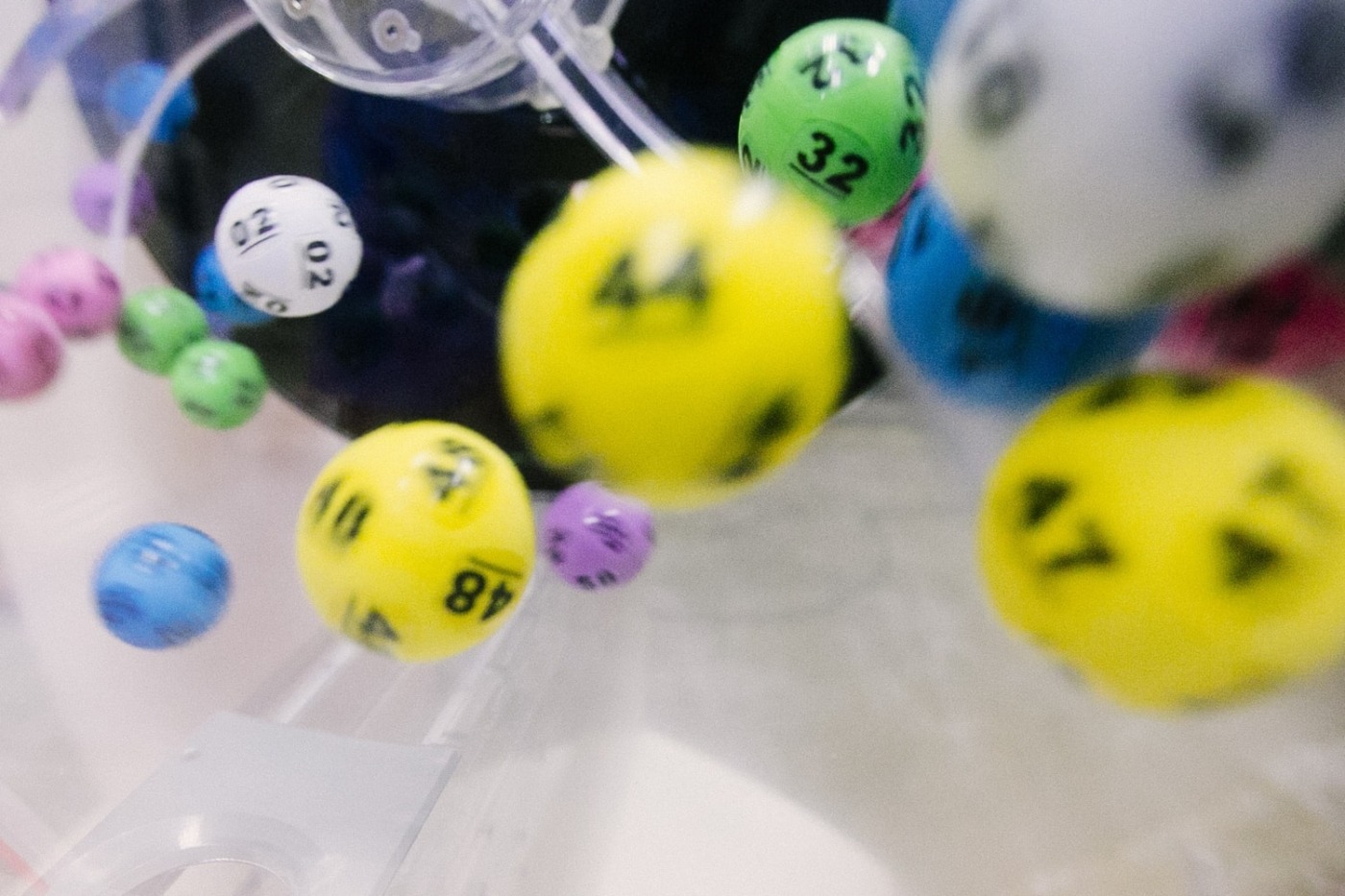Is the number up for the lottery?
On November 19, 1994, 25 million people tuned in to an incredible TV event – the first ever live UK National Lottery draw. Nowadays, Camelot (the company that operates the National Lottery) would give anything for a share of that number. Sales have been dropping, ticket sales across all the games fell by 3.2% (to £3.2 billion) in the six months to September 23 this year, and that’s coming on top of an 8.8% drop in £6.9 billion. Further sales falls have been forecast.
This begs the question of why National Lottery ticket sales have been declining. Although there have been tweaks to the formula in the past (1995 saw the introduction of scratch cards, and 1997 brought in the first Wednesday draw), more recent changes have been markedly more unpopular.
The increased price of a Lotto ticket (it doubled in price to £2 back in 2013) was seen as less value two years later, when ten more balls were introduced – this decreased the odds of winning the jackpot from one in 14 million to one in 45 million. As a result, Lotto sales have dropped, with a 22% fall over the past two years. Other National Lottery properties have suffered – the cost of a line in the EuroMillions increased by 50p (to £2.50) in September 2016, and an extra number again reduced the jackpot odds.
A Tuesday Thunderball, which would offer smaller but more frequent wins
The National Lottery is also suffering from an unprecedented level of competition. According to the Gambling Commission, there are 564 actively licenced lotteries running in the UK, the majority of them being private lotteries run for good causes (the Health Lottery and the People’s Postcode Lottery are the two best known examples). Although the prizes are smaller, the odds of winning are considerably lower. Health Lottery players have a one in 224 chance of winning the minimum prize of £10, and 84% of Postcode Lottery players won a prize last year. This, combined with increased competition from the larger gambling sector, has hit the National Lottery hard.
New chief executive Nigel Railton has led a wide-ranging review of the business, and come up with a lot of proposals as to how the Lottery can regain lost ground.
A key suggestion is the introduction of an ‘annuity-style’ game – inspired by lotteries in other countries around the world, this game would see a winner would receive an annuity of a certain amount each month, as opposed to the current operating practice of offering the prize as a large lump sum. The motivation here is, in large part, to appeal to young people – young people are the least likely demographic to play the lottery, and the idea is that a prize of this format could offer a degree of financial security that would help with house buying, etc. This game will launch in 2019.
The increasingly unlikeliness of winning will be too large an obstacle to overcome
Also touted is the idea of a Tuesday Thunderball, which would offer smaller but more frequent wins. It has been noted that the Wednesday and Saturday lottery players are different markets – the former is smaller, and the existence of two games in a week impacts on the excitement of rollover prizes. Early next year, a EuroMillions HotPicks game will also be launched, where players must match between one and five numbers in the EuroMillions draw to win up to £1 million.
Railton stopped short of reversing some of the more controversial moves I have mentioned (like ticket price increases), but says that the company is testing changes to the Lotto draw so that the jackpot will be won more frequently. He has noticed some past mistakes – between 2016 and 2017, Camelot cut around 100 jobs in its retail and consumer service, the department that coordinates the UK retailers that sell tickets, in order to cut costs. Acknowledging a possible mistake there, he said that he would return staffing levels to pre-cut numbers.
Decreasing ticket sales and a lack of investment by the youth market is of massive concern to Camelot, but whether these changes will be sufficient to revive the game’s fortunes is anybody’s guess at the moment. I fear that the combination of a price increase and the increasingly unlikeliness of winning will be too large an obstacle to overcome (anecdotally, it has put a lot of people I know completely off playing), but maybe some of these changes will be the prompt that the National Lottery needs to get back to its glory days.

Comments